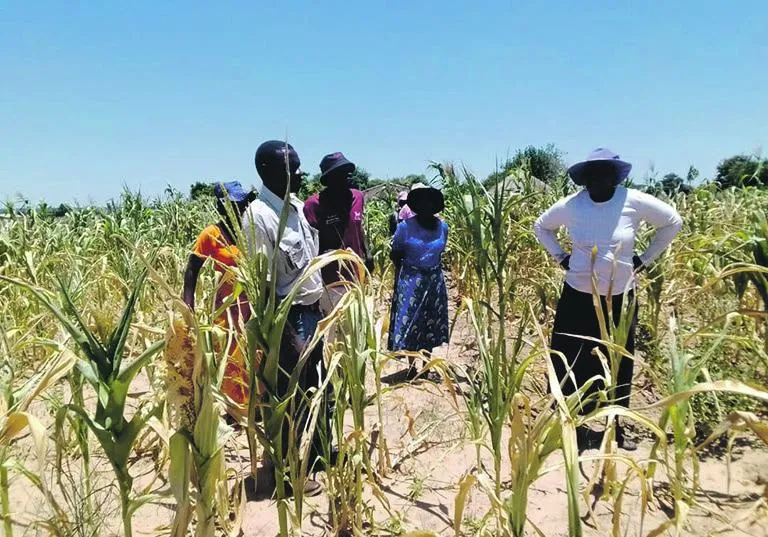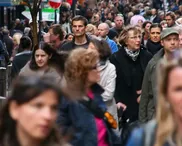Christians and churches across vast tracts of southern Africa are bracing themselves for famine following a crippling drought. Across the region farmers suffered the driest February in decades. It has wiped out crops, led to power shortages, and now threatens to send already expensive food prices surging even higher.
In February, many parts of Zambia, Botswana and Zimbabwe had the lowest recorded rainfall since 1981. The dry spell, blamed on the El Niño weather system, is but the latest indicator of how severely Africa is being impacted by extreme weather events, which many scientists say are becoming increasingly frequent and severe due to man-made climate change.
Zambian President Hakainde Hichilema has declared the drought a national disaster, as almost half of crop areas have been destroyed – just as the staple corn crop should be ready to harvest. In Zimbabwe, some farmers have given up trying to grow and harvest their crops, allowing cattle to graze on the remainder. Water levels in the normally mighty Zambezi River, which powers the turbines that both nations rely on for electricity, are less than a quarter of what they were in 2023.










